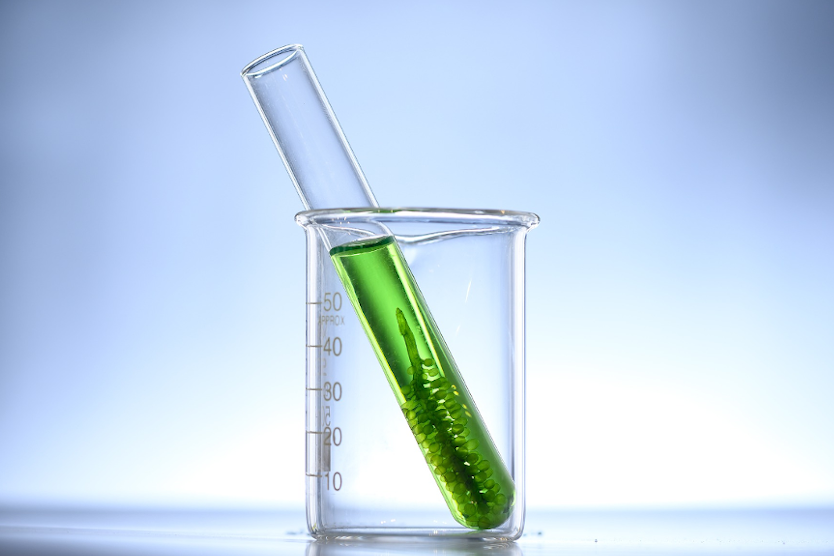
The e-CO2Met pilot project will develop economically viable processes for producing green methanol.
© Pixabay
The development of a hydrogen economy is one of the central planks of Germany's transition to climate neutrality. A new project called “e-CO2Met” at the new Fraunhofer Hydrogen Lab Leuna (HLL), which brings the TotalEnergies refinery together with two Fraunhofer institutes and the electrolyser manufacturer Sunfire GmbH, will investigate methods for producing methanol from green hydrogen (H2) and CO2, captured from the refinery.
Methanol is a simple alcohol that can be used as a fuel or synthesised further into sustainable gasoline or aviation fuel. TotalEnergies is the largest producer of methanol in Europe – producing 700,000 tonnes a year from fossil raw materials at its refinery in Leuna. "With the innovative production of synthetic methanol, crude oil and natural gas can be replaced in the chemical industry and the required raw materials can be produced in a climate-neutral way. In this way, we are making a contribution to the decarbonisation of basic chemicals," comments Thomas Behrends, Managing Director of TotalEnergies Raffinerie Mitteldeutschland GmbH in a Fraunhofer press release.
The e-CO2Met pilot project will develop economically viable processes for producing green methanol in a two-step process. The central engine is a 1 MW, high-temperature electrolyser from Sunfire, which offers unmatched efficiencies of 80 percent and produces green H2 from renewable electricity and water vapour. Then, the H2 and CO2 is combined in a new pilot plant, which will be built by the Fraunhofer Centre for Chemical-Biotechnological Processes and TotalEnergies at the HLL, to produce green methanol.
e-CO2Met is the first project of the Hy2Chem scaling platform, funded by the state of Saxony-Anhalt. The HLL, which is operated by the Fraunhofer Institute for Microstructure of Materials and Systems, has the unique infrastructure required for industrial scale Power-to-X testing.


